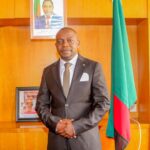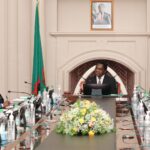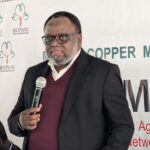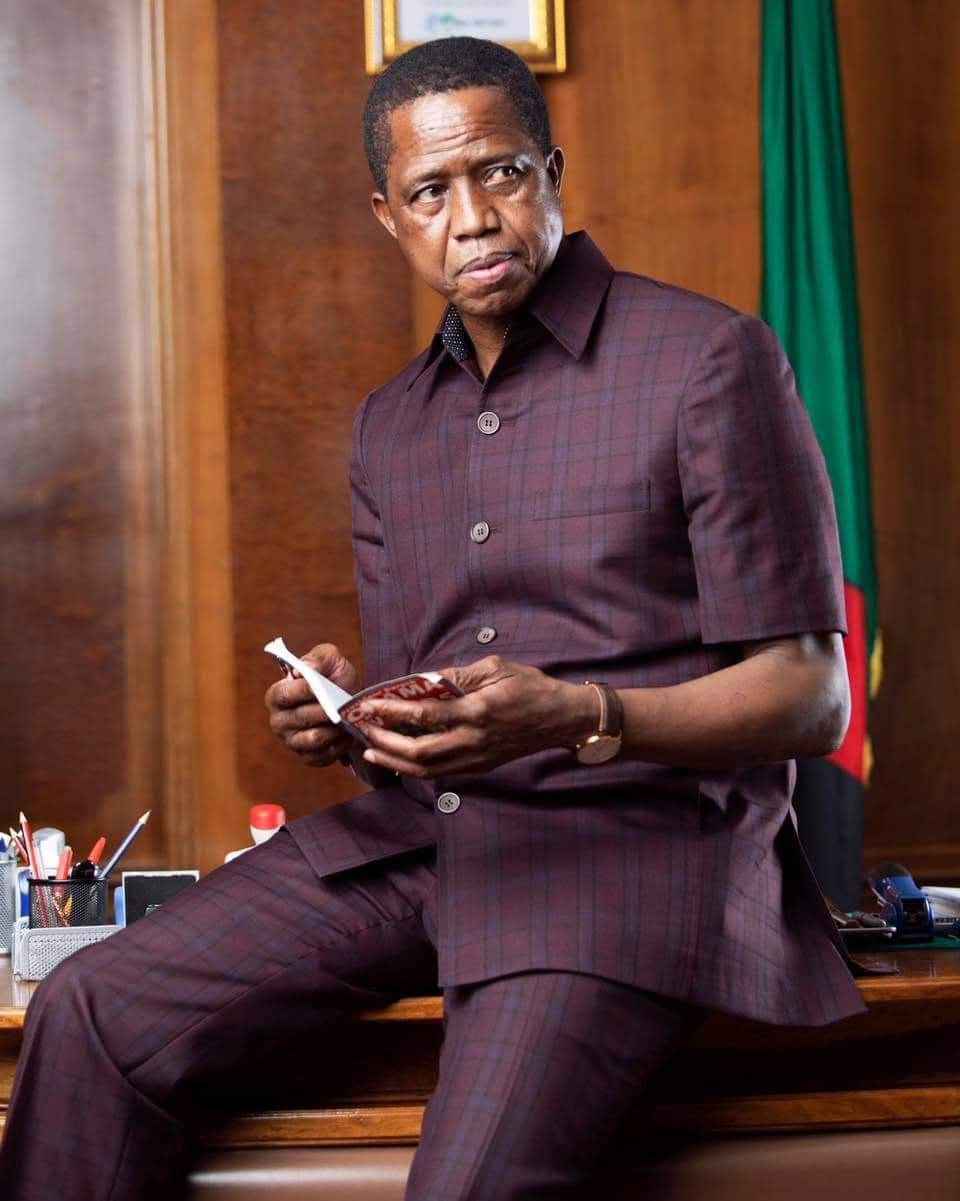Edgar Lungu, the sixth President of Zambia, played a significant role in shaping the nation’s recent political and economic landscape. Serving from 2015 to 2021, his presidency was marked by both achievements and controversies. Here are 20 key things you should know about Edgar Lungu:
- Early Life: Edgar Lungu was born on November 11, 1956, in Ndola, Zambia. He pursued his education at the University of Zambia, where he studied law.
- Legal Career: Before entering politics, Lungu worked as a lawyer. His legal background helped shape his approach to governance and lawmaking.
- Political Beginnings: Lungu’s political career began in the 1990s when he joined the Movement for Multi-Party Democracy (MMD), which was led by President Frederick Chiluba.
- Ministerial Roles: He held various ministerial positions under President Michael Sata’s administration, including Minister of Home Affairs and Minister of Defense.
- Ascension to the Presidency: Lungu became President of Zambia on January 25, 2015, following the death of President Michael Sata. He was elected to the position in a by-election held later that year.
- Economic Challenges: Lungu’s presidency faced significant economic challenges, including high inflation and a struggling economy, largely influenced by falling copper prices and power shortages.
- Infrastructure Development: Despite economic challenges, Lungu’s administration focused on infrastructure development, including road construction and the expansion of the railway network.
- Energy Sector Reforms: Lungu’s government implemented reforms in the energy sector to address power shortages and improve the reliability of electricity supply.
- Anti-Corruption Measures: His administration continued efforts to combat corruption, though critics argued that more needed to be done to address systemic issues within government.
- Social Programs: Lungu’s government introduced various social programs aimed at improving education, healthcare, and poverty alleviation.
- Constitutional Changes: Lungu’s presidency saw significant debates over constitutional amendments, including changes to the bill of rights and the electoral system.
- Political Opposition: Lungu’s tenure was marked by political tension and conflicts with opposition parties. His administration faced criticism for alleged attempts to suppress dissent and limit political freedoms.
- Re-election Campaign: In 2016, Lungu was re-elected for a second term, though the election was marred by allegations of irregularities and disputes over the results.
- Public Health Challenges: During Lungu’s presidency, Zambia faced public health challenges, including the outbreak of cholera and the COVID-19 pandemic. His government worked to address these issues through various health initiatives.
- Media Relations: Lungu’s relationship with the media was often strained, with concerns about press freedom and the treatment of journalists during his administration.
- Debt Management: His presidency saw an increase in national debt, leading to concerns about Zambia’s fiscal sustainability and dependence on international loans.
- Education Reforms: Lungu’s government focused on educational reforms, including the construction of new schools and the expansion of access to education.
- Foreign Relations: Lungu worked to maintain and strengthen Zambia’s international relations, balancing ties with traditional partners and exploring new alliances.
- End of Presidency: Lungu’s presidency ended following the 2021 elections, in which he was defeated by Hakainde Hichilema. The transition of power marked a significant moment in Zambian politics.
- Legacy: Edgar Lungu’s legacy is a subject of ongoing debate. While his presidency saw significant infrastructure and social development, it was also marked by economic challenges and political controversies.
Edgar Lungu’s presidency was a period of both progress and struggle for Zambia. His tenure was characterized by a focus on infrastructure and social programs amid economic and political challenges. Understanding Lungu’s time in office provides insight into the complexities of governance in Zambia and the ongoing evolution of its political landscape. His legacy will be remembered for both the achievements and controversies that shaped his leadership.






